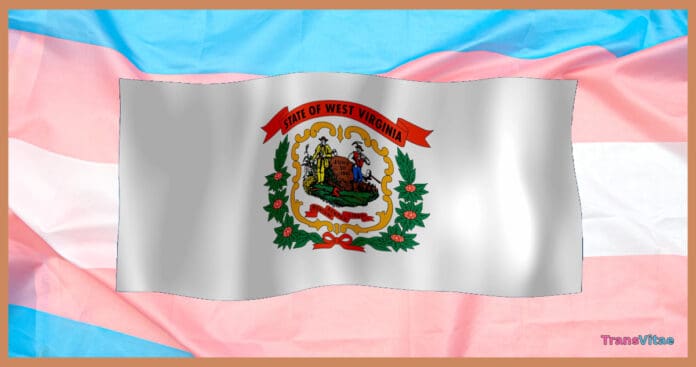In a move that has sparked outrage among transgender students, educators, and civil rights advocates, the West Virginia House of Delegates passed a controversial education bill on Friday that would restrict discussions of LGBTQ+ identities in public schools and compel school employees to report transgender students to their parents.
The bill, Senate Bill 154, passed by a vote of 82–17 after a tense floor session and now returns to the Senate for concurrence on changes. If signed into law, the bill will ban instruction related to sexual orientation and gender identity in public schools and require staff to inform parents if a student requests accommodations, such as using a different name or pronouns or affirming a gender identity that differs from their assigned sex at birth.
What the Bill Actually Does
The legislation adds a new section to West Virginia’s education code, creating sweeping mandates around gender identity discussions and student privacy. Specifically, SB 154:
- Prohibits all classroom instruction related to sexual orientation or gender identity in any context, including health classes.
- Allows limited exceptions, such as answering student questions, referencing historical figures’ identities, or addressing disciplinary issues like bullying.
- Mandates that if a student requests to be called by a different name or pronouns, the teacher must report that request to a school administrator. That administrator must then notify the student’s parent, guardian, or custodian.
- Bans any school employee from knowingly giving false or misleading information to a student’s family about that student’s gender identity or intent to transition.
- Establishes an enforcement mechanism that includes formal complaints, investigations, and escalating penalties for school employees, from written reprimands to suspension and termination.
- Allows parents to file civil lawsuits and seek damages of at least $5,000 plus attorney fees if procedures aren’t followed.
- Empowers the state Attorney General to enforce compliance.
While supporters of the bill claim it promotes “parental rights,” opponents say it places transgender students at risk—especially those who do not feel safe being out at home.
A Heated Floor Debate
House Democrats, joined by a handful of Republicans, voiced serious concerns over the bill’s implications. Del. Kayla Young (D-Kanawha) attempted to remove the forced outing provision, citing that many students, trans or not, go by different names unrelated to gender.
“There’s a whole lot of kids that don’t go by the name their parents gave them,” Young said. “It has absolutely nothing to do with their gender. … I don’t want to put kids through this.”
Her amendment failed.
Del. Mike Pushkin (D-Kanawha) questioned the very need for the legislation. “I guess this bill is based on some perceived notion that teachers are somehow corrupting their students,” he said. “This is a personal issue that should be between parents and their children, and we should leave the schools and the teachers out of it.”
Even some Republicans voiced hesitation. Del. Jeffrey Stephens (R-Marshall), a public school teacher, highlighted the emotional toll this bill could have on students and educators alike.
“Sometimes these kids come to you and confide in you,” Stephens said. “Somebody’s got to be a trusted adult in that kid’s life.”
Despite concerns, the bill moved forward. Lawmakers delayed action on two other controversial proposals—one restricting gender-affirming healthcare for minors (SB 299) and another dismantling diversity, equity, and inclusion programs (SB 474), until the final day of the legislative session.
What This Means for Trans Youth
If enacted, SB 154 would likely chill free expression and force transgender and nonbinary students back into the closet—especially in unsupportive or hostile home environments.
Advocates argue that the bill will erode the trust between students and school staff, limit access to affirming spaces, and contribute to higher rates of mental health crises among LGBTQ+ youth.
“This bill effectively deputizes teachers to act as surveillance agents,” said one West Virginia parent of a trans teen who asked not to be named. “Instead of protecting students, it targets them.”
LGBTQ+ rights organizations are already exploring legal challenges, pointing to potential violations of federal protections under Title IX and student privacy rights.
Where Things Stand Now
SB 154 heads back to the West Virginia Senate, where lawmakers will vote to approve or reject the House’s changes. If approved, it will go to Governor Jim Justice’s desk for signature.
As transgender students, their families, and allies brace for what’s next, many are calling for increased support networks. These networks should extend beyond the confines of schools.
If you or someone you know is a trans youth in need of support, you are not alone.
Reach out to the Trevor Project at 1-866-488-7386 or visit www.thetrevorproject.org.


